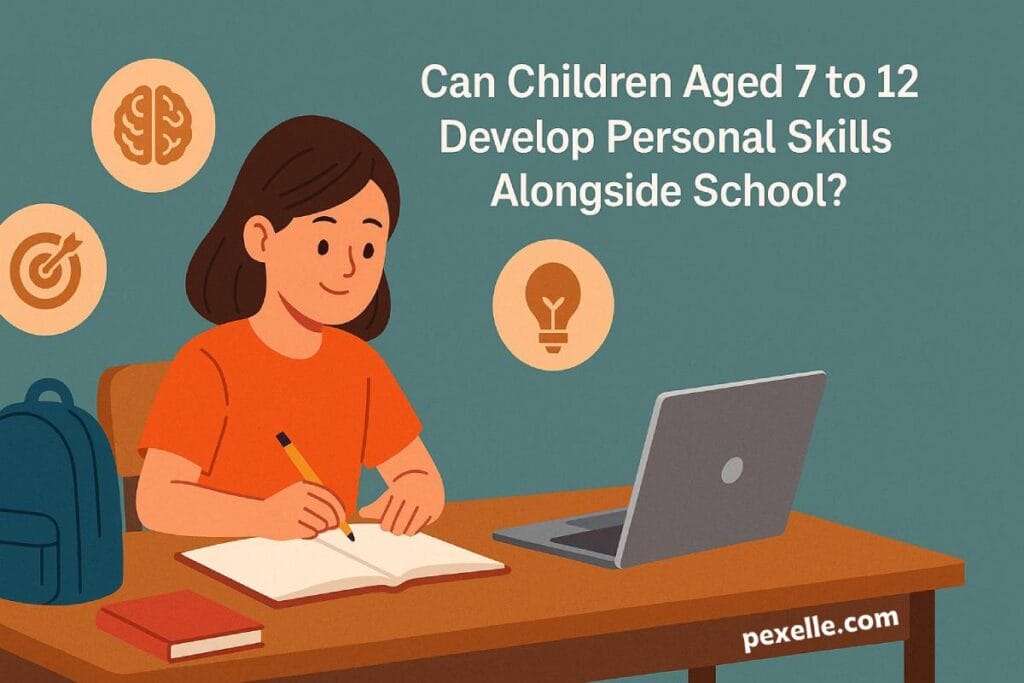Can Children Aged 7 to 12 Develop Personal Skills Alongside School? Challenges and Opportunities

The period between the ages of 7 and 12 is a critical stage in a child’s cognitive, emotional, and social development. Traditionally, this age group is seen as one where academic learning should be the main focus. However, there is growing recognition of the importance of personal skill development—such as emotional intelligence, creativity, resilience, and communication—alongside formal education. This dual approach to development not only builds well-rounded individuals but also enhances academic outcomes in the long term.
🧩 Opportunities for Personal Growth in Early Education
Children at this age are naturally curious, adaptive, and quick learners. Their brains are highly plastic, which makes them ideal candidates for acquiring soft skills that will serve them throughout life. Schools, after-school programs, and home environments can all play a role in nurturing these abilities. Activities like team sports, music, theater, coding clubs, and mindfulness sessions can be integrated into daily routines to build confidence, empathy, focus, and problem-solving capabilities.
Parents and educators have a unique opportunity to model behaviors such as active listening, collaboration, time management, and goal-setting. Even simple responsibilities—like managing a small project, participating in a school council, or helping younger peers—can cultivate leadership and accountability.
🚧 Challenges in Balancing Academics and Personal Development
Despite the potential, there are real challenges in promoting personal development alongside academic demands. The first is time: with packed curriculums and increasing academic pressure, children may have little time left for personal pursuits. Additionally, standardized education systems often prioritize grades over growth, leaving limited room for personalized development.
Another issue lies in adult expectations. Some parents and teachers may perceive extracurricular or skill-based learning as distractions rather than valuable assets. There’s also the risk of overscheduling, where children become overwhelmed with too many structured activities, leading to stress and burnout instead of enrichment.
🌱 Strategies for Integration and Support
To overcome these challenges, it’s important to adopt an integrated approach. Schools can design curricula that blend academic content with life skills—such as including group-based projects, peer mentoring, or reflection journals in regular lessons. Flexible educational models like project-based learning and Montessori methods can offer valuable alternatives.
Parents should also be mindful not to overburden children but instead encourage exploratory learning. Creating a safe, supportive home environment where children are praised for effort and character—not just academic results—can help them build a strong self-concept. Providing opportunities for decision-making and allowing kids to pursue interests independently builds autonomy and motivation.
🎯 Conclusion: A Balanced Path Forward
Children between 7 and 12 are at a prime stage to develop essential personal skills alongside academics. While time constraints and traditional mindsets pose obstacles, the opportunities for nurturing confident, emotionally intelligent, and capable individuals are immense. By integrating personal development into everyday learning and maintaining a healthy balance, educators and parents can prepare children not just for school, but for life.
Source : Medium.com




